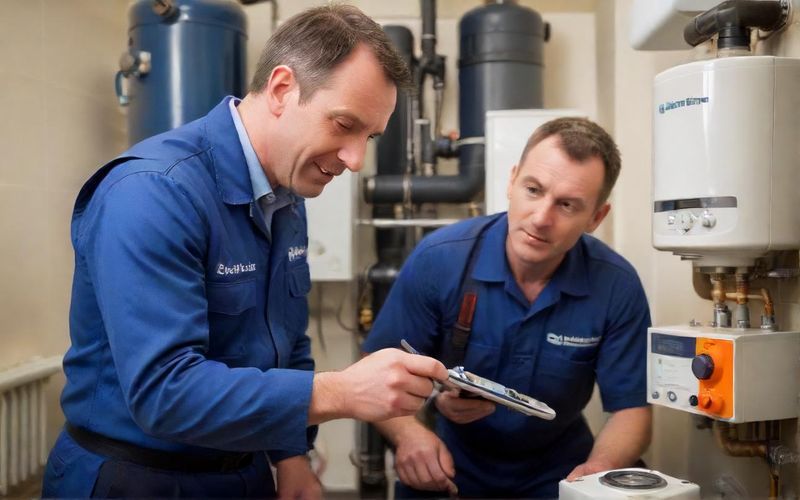Yankees Star's Son Dies: Travel CO Detector Debate Heats Up

The death of 14-year-old Miller Gardner, son of New York Yankees outfielder Brett Gardner, from suspected carbon monoxide (CO) poisoning during a Costa Rican vacation, has ignited a debate about the necessity of portable CO detectors for travelers. Gardner's death, along with the recent deaths of three women in Belize from suspected CO poisoning, highlights the dangers of this odorless, colorless gas.
According to the Centers for Disease Control and Prevention (CDC), over 400 Americans die annually from unintentional CO poisoning, with over 100,000 emergency room visits and 14,000 hospitalizations. Between 1999 and 2020, there were 4,000 CO-related incidents in hotels, motels, and resorts. While Airbnb and VRBO listings often indicate the presence of CO detectors, inconsistent state laws and a lack of universal installation leave many travelers vulnerable.
Kris Hauschildt, founder of the Jenkins Foundation (established after her parents died from CO poisoning), advocates for CO detector reform and traveler education. Hauschildt stresses the difficulty in detecting CO, as its symptoms often mimic the flu or food poisoning. She emphasizes that the only reliable method for detection is a CO detector.
The incident in Belize involved three women found dead in their hotel room at the Royal Kahal Beach Resort; authorities believe a malfunctioning water heater was the source. Two other tourists staying at the same resort later reported experiencing symptoms consistent with CO poisoning, despite the hotel's assurance of safety and claims that smoke and CO detectors were present in every suite. Subsequent investigations revealed high levels of CO in several rooms, and a toxicology report confirmed the three women died from acute pulmonary edema caused by CO exposure.
In Gardner's case, local officials initially reported high CO levels in a "machine room" adjacent to the family's hotel room. However, the hotel denies this. A toxicology report is pending to confirm the cause of death.
Experts, like Evanston Fire Department Field Chief Sean Malloy, recommend traveling with a portable CO detector. Plug-in detectors cost around $20-$35, while battery-powered versions, beneficial for international travel, cost $50-$60. The U.S. Environmental Protection Agency (EPA) recommends placing the detector near sleeping areas. If the alarm sounds, immediately evacuate the building and call emergency services. Even if a hotel claims to have CO detectors, bringing your own, especially when traveling internationally, is crucial, as safety regulations vary widely. The tragic incidents underscore the need for increased awareness and proactive safety measures to prevent further fatalities.









